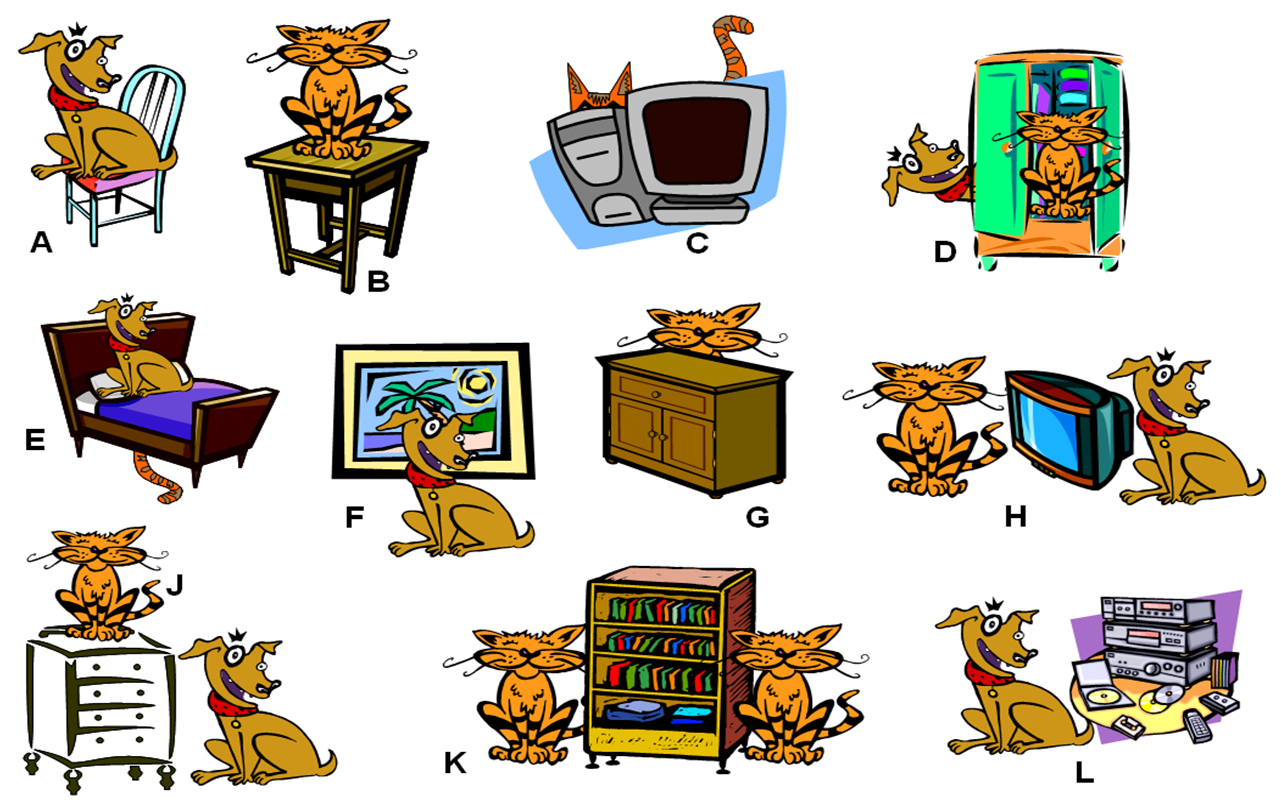Dear students,
We have to learn some grammar about prepositions AT, ON and IN with TIME.
Today you are going to read this post slowly and carefully. Make sure you understand everything. If you don't understand anything, go back to the beginning of the post and start reading again.
You have to memorize all the grammar rules. After you do this, start practicing and do some exercises I posted here for you.
Today you are going to read this post slowly and carefully. Make sure you understand everything. If you don't understand anything, go back to the beginning of the post and start reading again.
You have to memorize all the grammar rules. After you do this, start practicing and do some exercises I posted here for you.
If you have any questions, please, ask me. I will gladly answer them. Hope you will understand this grammar.
Learn more and have fun.
Irena
Rule #1:
Preposition "ON" is used with days and dates:
I will see you on Monday.
The week begins on Sunday.
I have an appointment on the 15th of the month.
I'm going to have an exam on May 2nd.
She was born on September 21st, 1980.
Rule #2:
Preposition "AT" is used with hours and minutes:
My plane leaves at 10:45.
The movie starts at 6 p.m.
Remember:
We also use at for a particular time of the day:
at lunch time (At lunch time we talk a lot)
at sunset (We will be having dinner on the deck at sunset)
at noon (My class is at noon)
at midday (At midday my child has a nap)
at night (At night it's colder here)
at midnight (He goes to bed at midnight)
Rule #3:
Preposition "In" is used with with months, years, seasons and centuries:
He likes to read in the afternoon.
The days are long in August.
The book was published in 1999.
The flowers will bloom in spring.
Queen Elizabeth the second was born in the twentieth century.
Remember:
We also use in when we talk about 3 parts of the day - morning, afternoon and evening. So we say: in the morning, in the afternoon, in the evening.
We are going out in the evening.
He takes a shower in the morning.
I work in the afternoon.
Here there is some useful information about this subject. Please, read carefully.
Additional Information (click here)
Here are some Exercises. Click on them and do, please.
Ex. 1
Ex. 2
Ex. 3
Ex. 4
Ex. 5
So, we use:
AT for HOURS AND MINUTES and a SPECIFIC TIME
IN for MONTHS, YEARS, SEASONS and CENTURIES
ON for DAYS and DATES
AT IN ON
HOURS and MINUTES MONTHS, SEASONS DAYS and DATES and SPECIFIC TIME YEARS and CENTURIES
at 3 o'clock in May on Sunday
at 10:30 am in the summer on Tuesdays
at noon in the winter on 6 March
at midnight
at night
at dinnertime in 1990 on 25 Dec. 2010
at bedtime in the 1990s on Christmas Day
at sunrise in the next century on Independence
Day
at sunset in the Ice Age on my birthday
at the moment in the past/future on New Year's Eve
Look at these examples:
I have a meeting at 9 am.
The shop closes at midnight.
Jane went home at lunchtime.
In England, it often snows in December.
Do you think we will go to Jupiter in the future?
There should be a lot of progress in the next century.
Do you work on Mondays?
Her birthday is on 20th of November.
Where will you be on New Year's Day?
Please, think about why we use this preposition. If you don't know or don't remember, look at the rules above again.
Notice the use of the preposition of time AT in the following standard expressions. Try to memorize these expressions.
AT NIGHT
The stars shine at night.
AT THE WEEKEND
I don't usually work at the weekend.
AT CHRISTMAS/EASTER
I stay with my family at Christmas.
AT THE SAME TIME
We finished the test at the same time.
AT PRESENT
He's not home at present. Try later.
Notice the use of the prepositions of time IN and ON in these common expressions:
IN ON
in the morning on Tuesday morning
in the mornings on Saturday mornings
in the afternoon(s) on Sunday afternoons
in the evening(s) on Monday evening
REMEMBER:
When we say last, next, every and this we do not use prepositions at, in and on.
I went to London last June.
(not in last June)
He's coming back next Tuesday.
(not on next Tuesday)
I go home every Easter.
(not at every Easter)
We'll call you this evening.
(not in this evening)
Here is another interesting video about Prepositions if Time.
Please, watch it. Take notes. Make sure you understand everything.
Here is a poster to remind you about the rules of how and when to use these prepositions.

Here is a poster to remind you about the rules of how and when to use these prepositions.
If you have any questions, please, ask me. I would be happy to answer them and explain even some more!
Here are 2 exercises to practice prepositions:
Ex. 1
Ex. 2
Hope, you've learned these prepositions!



Thanks for Irena,That is good practices for me
ReplyDelete